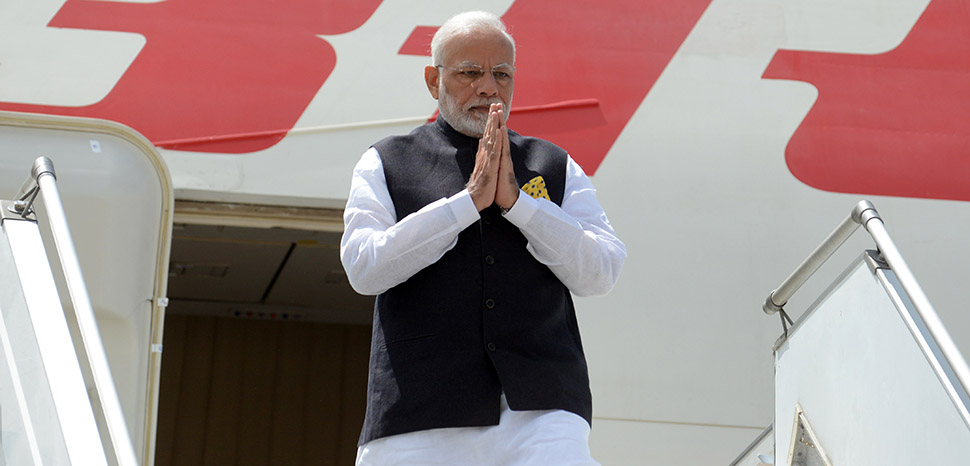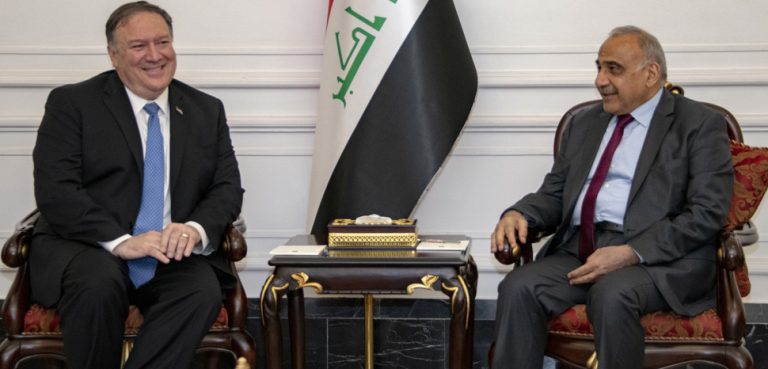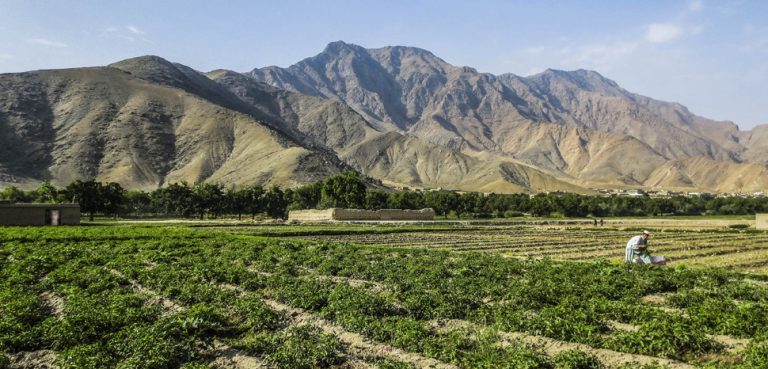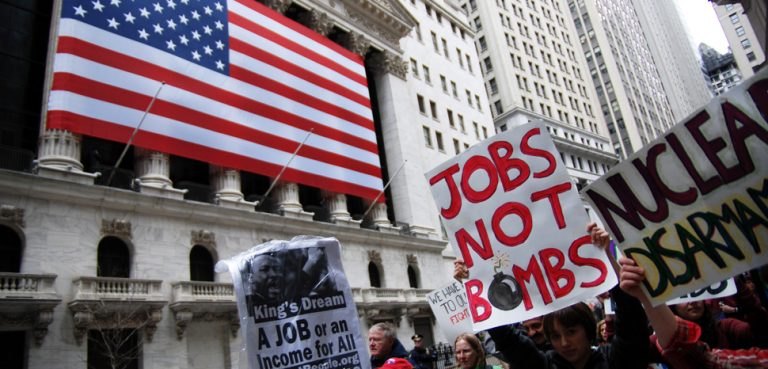Power is a fiddly business; it demands your expertise and guidance and then offers you influence in return. One might regard it as its power in play but it is simply the subject’s capability that is measured in parallel to their interest power. Every year, the same kind of influence is exercised by the United Nations Human Rights Council (UNHCR) which displays the strength of its functioning. By holding three Universal Periodic Review (UPR) working group sessions, the UNHCR grants states the power to influence via proficiency.
The Universal Periodic Review (UPR) is a one-of-a-kind peer-review process that entails a periodic review of all 193 UN Member States’ human rights records. It is intended to prompt, promote, and enhance human rights promotion and protection on the ground. For this purpose, it provides a unique opportunity for states to get recommendations from other states on the status of their human rights. It is a significant innovation of the Human Rights Council that is based on equitable treatment for all countries. The ultimate purpose of UPR is to improve the human rights situation in every country, with far-reaching effects for people all around the world.
This year’s forty-first session (fourth cycle) has already commenced on November 7, 2022, and will continue for two weeks. The discussions will move around different countries’ recommendations and voluntary pledges to address the concerns drafted by the experts of contributing countries. Apparently, out of all the countries that are lined up for the review this year, the one in hot waters will be India. The two co-related reasons for that is: one, the upsurge in human rights abuses by India as Modi rises to power, and two, the endangering of its long-pending reform of the Security Council.
India has been advocating itself as the most worthy candidate to be granted the United Nations Security Council’s (UNSC) permanent membership. In its UNSC bid, India has demonstrated consistent adherence to the principle of non-alignment and belief in Panchsheel—Five Principles of Peaceful Co-existence—that focuses on non-interference by one country in the internal politics of the other, which has significantly promoted international stability and peace. Without a question, India seeks to be a global rule-maker and, as such, aspires to be a member of the larger UN Security Council permanent grouping in order to have a stronger influence on the growing international order.
In terms of realpolitik, India’s fifth largest economy proves it to be a rightfully deserving candidate; however, at the same time, this year’s Universal Periodic Review might carry a hefty cost, as the submissions made by the 70 stakeholders in UPR, pursuant to Human Rights Council, do not bode well for India. It explicitly mentions —along with others— the need to enact anti-torture laws, ratify rigorous anti-discrimination laws and policies, and last but not least adopt legislation that criminalizes hate speech, prevents communal violence, and protects human rights defenders in compliance with the UN declaration and other international standards. The report has shown some serious concerns over India’s dealings with human rights mechanisms and the constitutional and legislative work that it entails.
The report has honed in on the living standards of minorities, stating: “Dalit Christians and Dalit Muslims fared worst in terms of economic conditions. In urban centers, Dalit Christians were engaged in descent-based work. In rural areas, they remained landless and largely dependent on the dominant caste community for their livelihood.”
Thus, with the current situation of the Universal Periodic Review in sight, it seems that India’s mission to become a UNSC permanent member could be jeopardized. Although, internationally, India has pledged to provide developmental help and capacity-building to other nations, notably through grant-in-aid projects across businesses, humanitarian assistance, healthcare support to countries during the pandemic, etc. But seemingly, and, as per the UPR reports, it hasn’t been playing fair domestically.
The UPR is responsible for ensuring the implementation of all the recommendations that the final outcome entails. However, as per the report provided by Human Rights Measurement Initiative in 2022, India has performed worse than average in upholding the 13 Basic Human Rights. This indicates that, throughout these years, and especially after the previous UPR cycles (2008, 2012, and 2017), the national and state governments’ systematic, persistent, and flagrant breaches have only resulted in increased suppression of religious freedom and a growing environment of hate and violence toward religious minorities, rather than reducing it.
The views expressed in this article belong to the authors alone and do not necessarily reflect those of Geopoliticalmonitor.com




